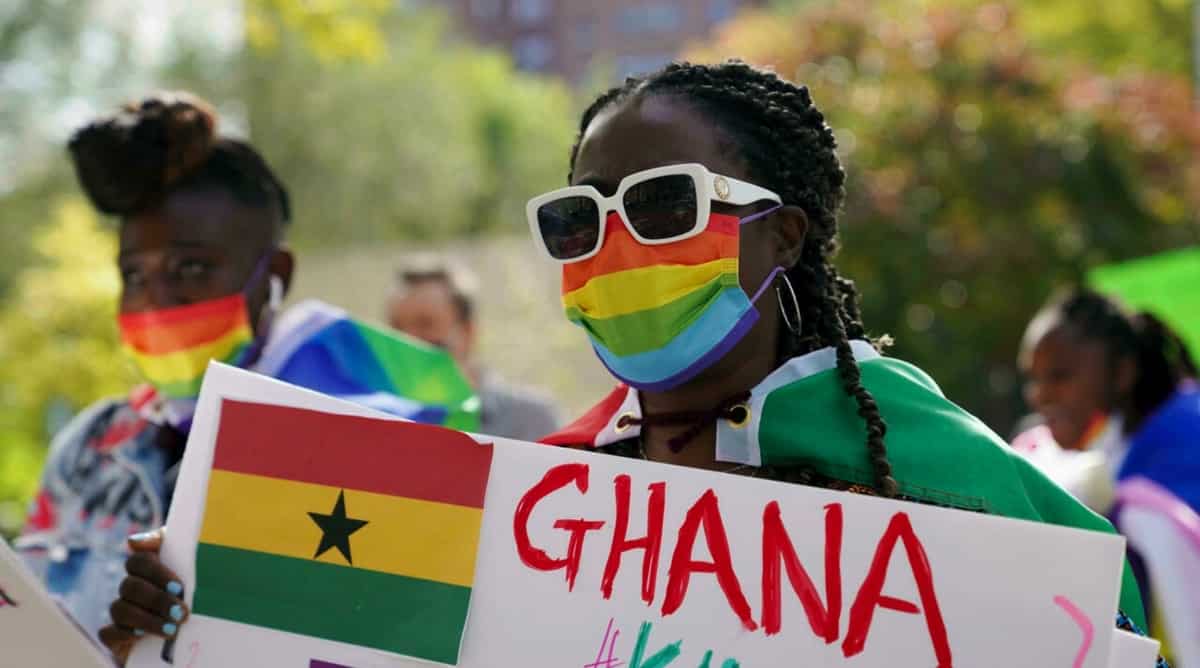The Government of Ghana has commenced the immediate evacuation of its nationals from Iran as tensions intensify between Iran and Israel, prompting safety concerns for Ghanaians in the region.
Foreign Affairs Minister Samuel Okudzeto Ablakwa announced the move on Sunday, stating that the evacuation covers Ghanaian diplomats, students, professionals, and others residing in Iran. The exercise, he noted, is being executed through land borders.
“In light of the deteriorating security situation, government has taken the decision to guarantee the safety of our embassy staff,” Mr. Ablakwa stated in a Facebook post, confirming the closure of the Ghanaian embassy in Tehran.
The development follows a string of escalating hostilities between Iran and Israel, which saw both nations exchange missile attacks from Friday through Sunday—the third day of heightened conflict. In response to the crisis, the government has also ordered a scale-down of operations at the Ghanaian embassy in Tel Aviv, Israel.
Ghanaians in Israel have been urged to maintain regular contact with the country’s consular services, as the government monitors the evolving situation closely. “Government assures that no effort would be spared in protecting Ghanaian lives and keeping all Ghanaians out of harm’s way,” Mr. Ablakwa emphasized.
Amid fears of a broader regional fallout, Ghana is also feeling the ripple effects of the Iran-Israel conflict. Soaring global crude oil prices—driven by the tensions—are threatening the country’s fuel import costs and overall economic stability.
President John Dramani Mahama has tasked the Ministers for Finance and Energy, Dr. Cassiel Ato Forson and John Abdulai Jinapor, to evaluate the potential economic impact and recommend measures to cushion the nation.
“I have instructed the Ministers of Finance and Energy to keep a close eye on the developments and model the possible impact on our petroleum prices. They must prepare appropriate measures to safeguard the gains we’ve made,” President Mahama said during his Thank-You Tour of the Savannah Region on Saturday, June 14.
Meanwhile, Israel is appealing to Ghana to reconsider its neutral stance on global security issues after the country abstained from a critical vote on Iran’s nuclear programme at the International Atomic Energy Agency (IAEA).
The vote, held on Thursday, June 12, during a closed-door session of the IAEA Board of Governors in Vienna, resulted in a resolution declaring Iran in breach of its nuclear non-proliferation commitments. Nineteen countries voted in favour, three—including Russia, China, and Burkina Faso—opposed, while Ghana was among 11 nations that abstained.
Despite acknowledging Ghana’s abstention as consistent with its current role as chair of the IAEA Board, Israeli Ambassador to Ghana, Roey Gilad, has encouraged a rethink of Ghana’s long-standing non-aligned foreign policy.
“The formal reason is that Ghana is the chair of the board of the IAEA, but we felt this is something that is so crucial to Israel, which has to do with the future of Israel—that the state that is a member of the United Nations, Iran, is completely for the destruction of the Jewish sovereign state in Israel,” Ambassador Gilad said at a media briefing in Accra.
He added, “As much as we have full respect for the sovereign decision-making process in Ghana, including the Foreign Affairs [Ministry], we believe in the traditional policy of non-alignment that has existed here since 1957 under Nkrumah…I personally believe that maybe the policy of non-alignment should be re-evaluated.”
The government, however, maintains that it will continue to pursue diplomatic approaches in the conflict and has called on both Iran and Israel to de-escalate and resolve their differences peacefully.








